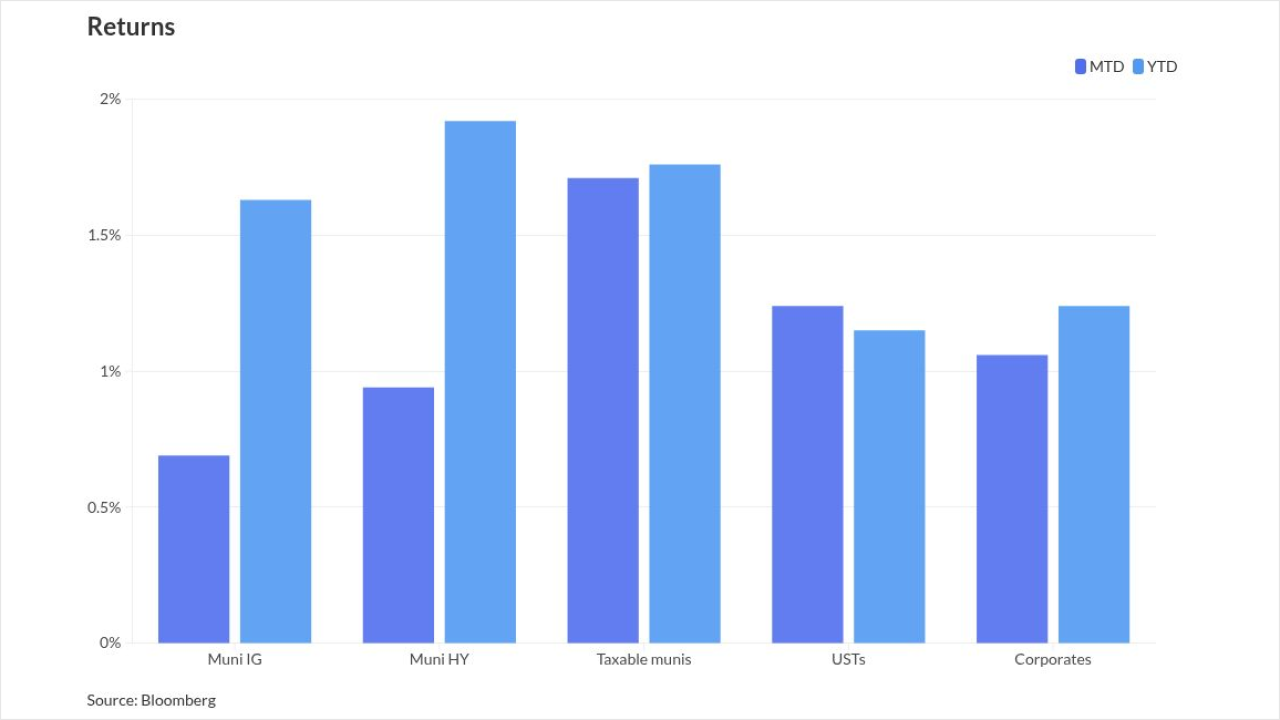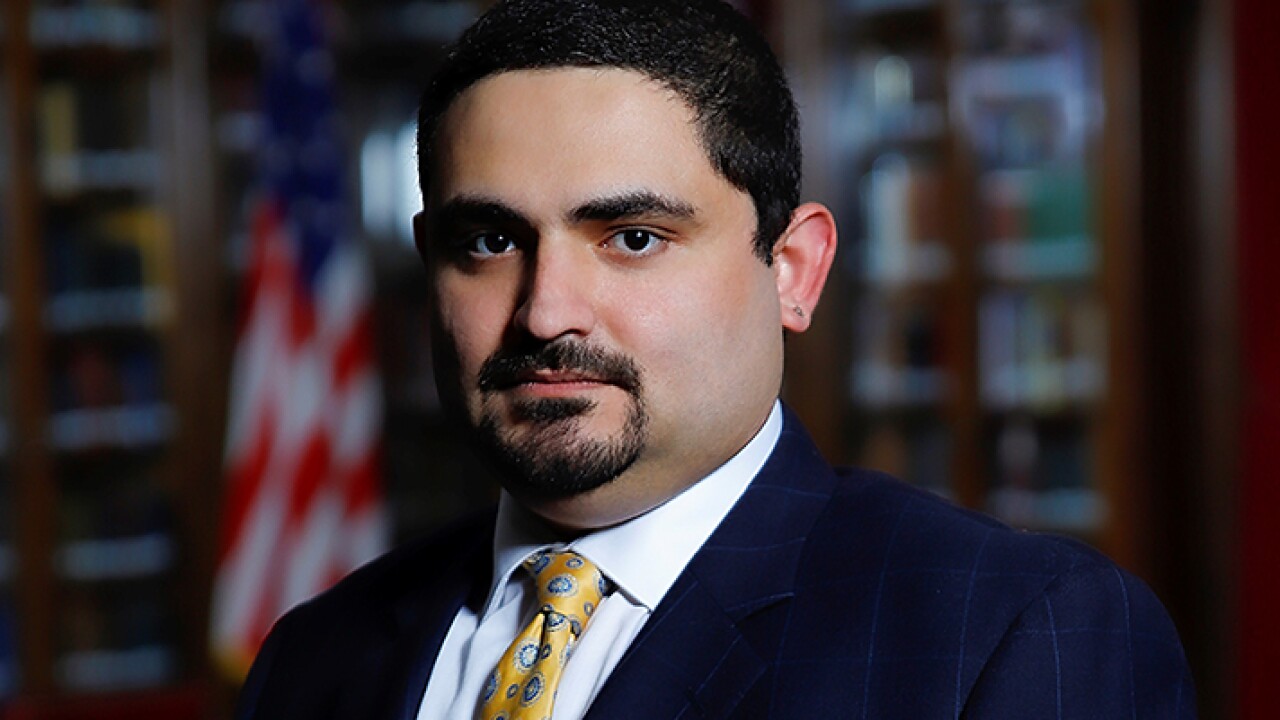Negotiations over a new home for the National Hockey League’s Arizona Coyotes are underway in Tempe as part of a big multi-use development after the team was exiled from nearby Glendale, where it proved to be a financial sore spot.
Glendale’s experience along with often unrealized promises of economic growth produced by professional sports venues could cloud those talks, sports economists said.
In a 5-2 vote on June 2, the Tempe City Council agreed to commence negotiations after hearing from the public and team representatives, who outlined plans for a $2.1 billion mostly privately financed project that would include a 16,000-seat arena, a practice facility, theater, hotels, office buildings, housing, and over 300,000 square feet of retail and restaurant space. The proposal also calls for some $200 million of municipal bonds.

They pointed to a “significant” economic impact generated by the project, with 6,900 permanent jobs and $215 million in additional tax revenue for Tempe over 30 years.
The project submitted by Meruelo Group and the team through their affiliate Bluebird Development LLC was the only response to a request for proposals for a professional sports entertainment district the city issued for a 46-acre site last July. Billionaire Alex Meruelo became the NFL’s first Hispanic owner in July 2019
To initiate the site’s transformation from a “landfill into a landmark,” the proposal calls for the creation of a community facilities district that would raise as much as $200 million through bonds to remove 1.5 million tons of garbage and improve public infrastructure.
The bonds would be paid off by taxes generated onsite by the project and a 6% surcharge on all business activity within the district and be secured by a real estate tax assessment lien on the improved property.
Nick Wood, an attorney for the developer, told the city council that Tempe would face no risk as the debt would not go on its balance sheet as a contingent liability. In addition to the bonds, a tax abatement is also being sought.
Tempe Council Member Doreen Garlid, who voted against proceeding with negotiations, said Glendale's experience with the team “set up some red flags for me.”
“It’s a 30-year partnership that I want to feel 100% comfortable about,” she said at the council meeting. “I’m not even close to being there and feeling this is the best partnership for the city of Tempe.”
The
The Coyotes left downtown Phoenix for a new arena in 2003 that Glendale financed with $180 million of debt. Although it anchors the Westgate Entertainment District, which opened in 2006, the arena’s location on the northwest side of the metropolitan area, miles from the downtown and wealthier eastern suburbs like Scottsdale and Tempe, was blamed for poor attendance.
By 2009, the team filed for bankruptcy and the franchise was put in the hands of the NHL, which required Glendale to pay $25 million for two years to keep the team there while a permanent owner was sought. More subsidies followed with a subsequent owner. And there was reportedly a problem with unpaid arena charges and
The city
“If (the team) was a goldmine, Glendale wouldn’t have booted them out,” said Daniel Marburger, a professor of sports economics at Arizona State University.
He pointed to a report to Glendale’s city manager from Applied Economics last August that found that the team only generated an estimated average of $1.4 million in annual sales and hotel tax revenue for the city from 43 home games between fiscal 2018 through fiscal 2020. The city’s fiscal year begins on July 1.
Marburger said the team’s lack of success was a factor for lackluster attendance.
“People like winning teams. If they’re losing, they don’t go,” Marburger said. “So being out there in Glendale – it’s not a good location and not a good enough team to get the fans all excited is the other problem.”
The team, which began as the Winnipeg Jets in 1979, became the Phoenix Coyotes in 1996, and the Arizona Coyotes in 2014, finished the current season in second to last place. Since residing in Glendale, the team mostly ended its seasons in the bottom half of the standings and had its highest finish at fourth place in 2009-2010,
Glendale’s general obligation bond rating with S&P Global Ratings has recovered after falling as low as BBB-plus as arena costs weighed on the city’s budget. In February, S&P upgraded the rating to AA from AA-minus, citing Glendale’s continued economic growth, while noting its management “has demonstrated willingness to reduce its financial vulnerabilities tied to past sports-related infrastructure and subsidies.”
Tempe is rated AAA by S&P and Fitch Ratings and Aa1 by Moody’s Investors Service.
Joel Maxcy, a professor of sports business at Drexel University, said while professional sports facilities are “always sold as a driver of economic development and economic impact,” that rarely happens.
As for the Coyotes’ plan for Tempe, he said it differs from many of the recent proposals he has seen, including from the Buffalo Bills stadium, given the amount of private investment and with tax revenue from the development paying off the bonds.

“In that sense it seems like okay this is a somewhat reasonable proposition compared to others. They’re actually going to have pretty extensive private investment,” Maxcy said, adding that a property tax abatement is a standard ask for stadiums.
He said the inclusion of an entertainment district could just transfer discretionary spending from other parts of the city.
Greg LeRoy, executive director of Good Jobs First, which tracks economic development subsidies, questioned the retail and office space in the proposal given the rise in e-commerce and the impact of the COVID-19 pandemic on office vacancy rates.
“So two of the four, five legs of the stool they’re proposing for this project are pretty wobbly legs in today’s market conditions,” he said, adding it’s important to vet a company’s track record and financial condition before entering into a development agreement.
At the Tempe city council meeting, Mayor Corey Woods said he appreciated the developer’s willingness to open its books and “show us everything.”
As it awaits the outcome of the negotiations, which are expected to take several months, the team will have a temporary home in Tempe, which is about 20 miles southeast of Glendale.
In February, it announced a multi-year agreement to play





